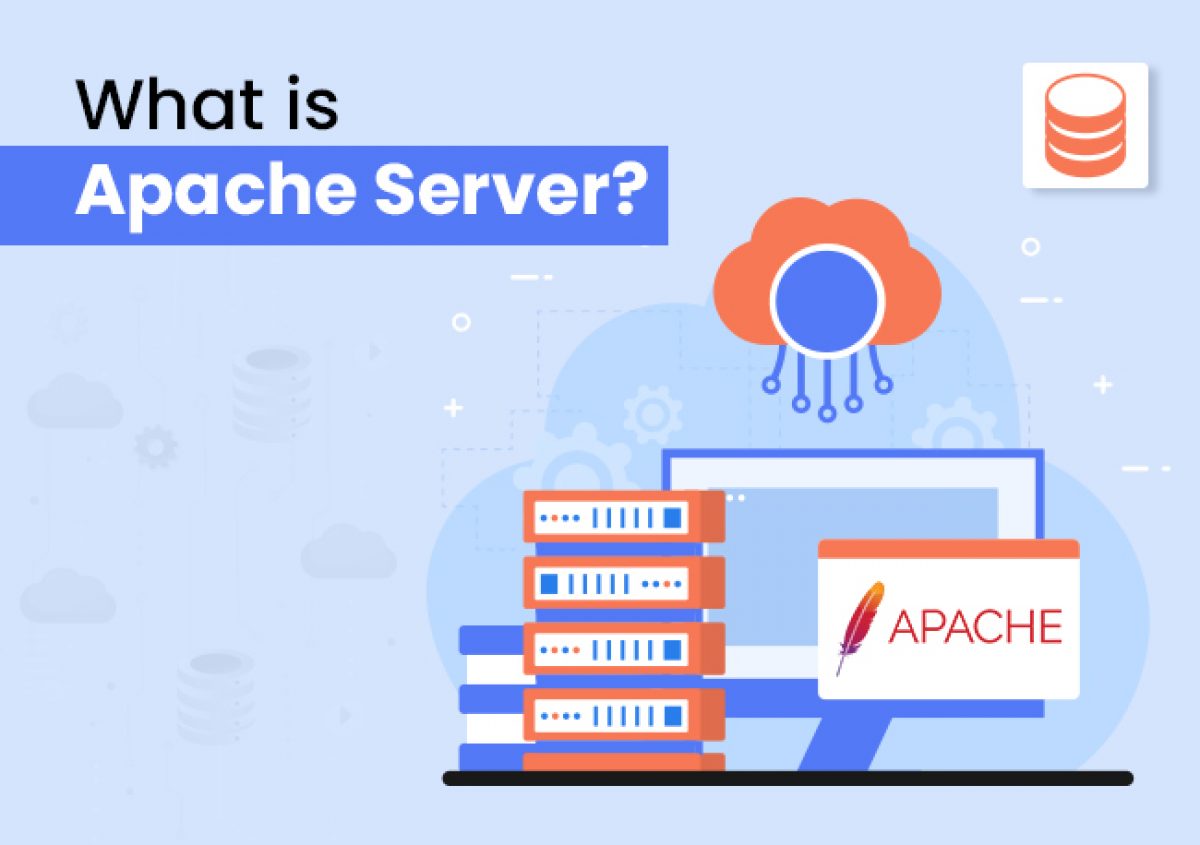What is Apache Server dnd how it works?
If you’ve looked into web development before, I guarantee you have heard of Apache. It is the most widely used web server software on the market by a wide margin. In fact, it has a market share of nearly 31%. It has gained market dominance by offering users the most flexible environment to run a server. As such, it has become the go-to web server software that nearly every web hosting company offers. Today, we will be discussing what exactly Apache Server is and what it actually does.
What is Apache Server?
An Apache server, officially known as the Apache HTTP Server, is a widely-used web server software that plays a crucial role in the Internet infrastructure. It is designed to serve web content, such as HTML pages, images, and multimedia, to users’ browsers upon request. Developed and maintained by an open-source community under the Apache Software Foundation, it is known for its flexibility, power, and widespread compatibility with various operating systems.

Why is Apache Server important?
- Reliability and Performance – Apache is known for its reliability and performance. It can handle a large number of simultaneous connections, making it suitable for high-traffic websites.
- Flexibility – The modular design of Apache allows for extensive customization, enabling administrators to configure the server to meet specific requirements and optimize performance for different workloads.
- Open-Source Advantage: As open-source software, Apache benefits from continuous development and contributions from a global community of developers. This ensures that the software stays up-to-date with the latest technologies and security practices.
- Versatility: Apache’s compatibility with various operating systems and its ability to serve different types of content make it a versatile choice for web hosting. Whether it’s a static website, a dynamic application, or a complex enterprise solution, Apache can handle it.
How does it work?
Although we call Apache a web server, it is not a physical server but rather a software that runs on an HTTP server. Its job is to establish a connection between a server and the browsers of website visitors (Firefox, Google Chrome, Safari, etc.) while delivering files back and forth between them (client-server structure). The Apache software is also compatible with any operating system, from Windows to Unix.
When a visitor wants to load a page on your website, for instance, the homepage or your “About Us” page, their browser sends a request to your server, and Apache returns a response with all the requested files (text, images, etc.).
The server and the client communicate through the HTTP protocol, and the Apache web server is responsible for the smooth and secure communication between the two machines.
Apache is highly customizable, thanks to its open-source infrastructure. Due to this, web developers and users can adapt their source code according to the type of website they’re creating.
In addition, Apache provides plenty of modules that allow server administrators to turn additional functionalities on and off. The Apache web server has modules for security, caching, URL rewriting, password authentication, and other features.
Who uses the Apache Server?
One of the most popular web servers worldwide is the Apache HTTP Server, which is also referred to as Apache. It is open-source software that is used by many kinds of people, companies, and developers. Some of the main users of the Apache Web Server are as follows:
Websites and Web Applications:
Many websites and web applications rely on Apache to deliver static and dynamic web content. Many well-known websites and platforms use Apache to process HTTP requests and provide users with web pages.
Organizations and Corporations:
Apache is frequently used as a web server solution by large organizations and corporations. Large enterprises’ web hosting demands can be effectively handled by it thanks to its vast feature set, scalability, and dependability.
Government and Educational Institutions:
Apache is frequently used by government agencies, educational institutions, and research groups to host webpages, online programs, and instructional materials. Because it’s open-source, public institutions can afford to use it.
Hosting Providers:
Many web hosts run websites and apps on their servers using Apache as the web server software. It offers a reliable and adaptable way to run several websites on one server.
Engineers and small enterprises:
Apache’s versatility, ease of use, and free availability make it popular for startups, small enterprises, and individual engineers. For people who want to set up web servers without paying a lot of money for licensing, Apache is a popular option.
Open-Source Software Projects:
Apache is the web server used by a lot of open-source software projects and communities. Its open-source nature complements the guiding philosophies of many software development projects.
Content Delivery Networks (CDNs):
Some CDNs use Apache to manage web traffic and serve content effectively. Although Apache is still a popular option in some situations, many CDNs use specialized software for performance-related reasons.
System Administrators and DevOps Experts:
System administrators and DevOps experts use Apache to configure and manage web servers. Its modular architecture and comprehensive documentation make it the go-to option for individuals in charge of server configuration.
Apache’s endurance, dependability, and the backing of a thriving open-source community all contribute to its ongoing appeal as a web server alternative. Also, continuous software updates and enhancements are guaranteed by the Apache Software Foundation, which manages the development of Apache projects.

Conclusion
Throughout the last few decades, Apache has proven to be a staple in many popular stacks and the backbone of the early internet years. While its popularity is declining and the options of web server choices are increasing, Apache still plays a pivotal role in many technology stacks and companies’ system infrastructures. Even with new technologies and servers coming out nonstop, Apache is still a technology every developer should learn how to handle and configure.